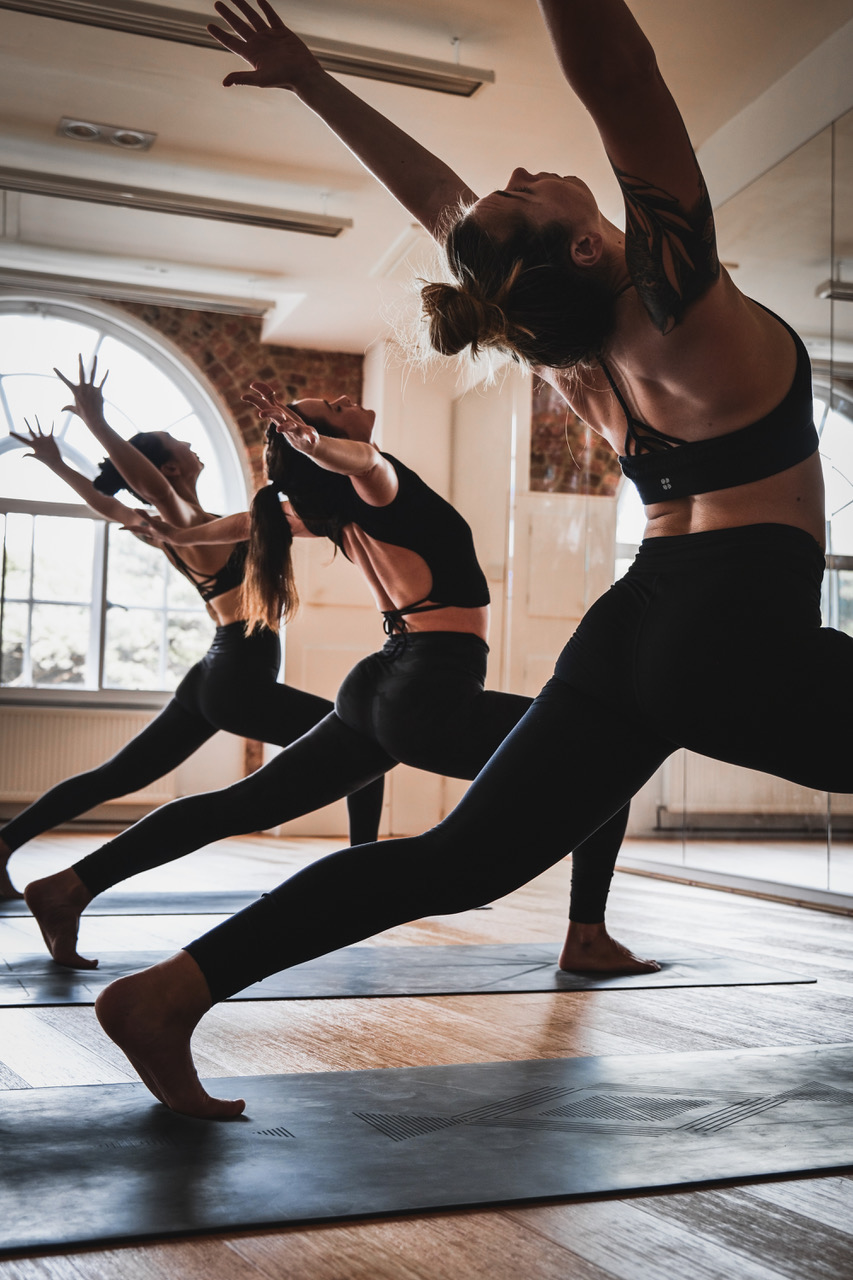Yoga originated in India and is over 5000 years old. For millennia, it has guided people to live in a way that cultivates a sense of peace with themselves and the world around them.
You may have a dedicated asana practice but in what ways do you currently practise Yoga towards yourself, towards others and towards the environment?
For advanced Yogis, it is a practice of transforming and benefitting every aspect of life, not only the physical body and the mind but also everything and everyone.
The foundations of modern Yoga are attributed to Patanjali’s Yoga Sutras, which cover 8 limbs or aspects on the path of Yoga that offer guidance for practice both on and off the mat.
In the classical Yoga system of Patanjali, Yoga begins with 5 restraints, the first of which is Ahimsa (non-violence).
Modern Yoga can be frustrating when your physical practice doesn’t progress as quickly as you’d like. As a consequence, you can think negatively about your body, being disappointed with your level of strength or flexibility. You can then end up pushing yourself over the edge, challenging yourself beyond your current level of growth, triggering your nervous system and potentially bringing yourself to a point of harm. So you have to take a moment and ask yourself can you really get your leg behind your head or do a double-chaturanga with your knees off the mat whilst still practising ahimsa?
Yoga has never been all about poses, but is a practice of becoming a multifaceted part of a wider lifestyle.
Ahimsa can also be a mental challenge where you have thoughts of guilt or disappointment, as these all have seeds of violence within them. You may be carrying some resentment by being unable to forgive yourself or someone else for something that’s happened in the past. Maybe you expect too much from yourself or others or expect the world to run according to your liking all the time.
The Yoga tradition teaches consistency and rigorous self-discipline allowing the practitioner to achieve self-realization and to free oneself from physical and mental suffering. Completing the eight-limbed path that begins with ahimsa, permits the reaching of enlightenment and harmony with universal consciousness.
By considering these aspects in your daily practice on and off the mat, all of your decisions and actions will come from a more considered awareness, leading you to becoming more authentic towards yourself and others.
About Lucy: I took my first Yoga class at the Sugden Sports Centre in Manchester in 2002 and inspired by a number of teachers and a desire to deepen my practice I undertook teacher training with The Life Centre, now Yogacampus. My love for Yoga is enhanced by its emphasis on the mind, body, spirit connection and consequently that is the focus of my ever-evolving style of teaching.
I remain dedicated to furthering my studies in Yoga and am grateful to my teachers, both local and international, who have contributed to my knowledge and ongoing learning.
